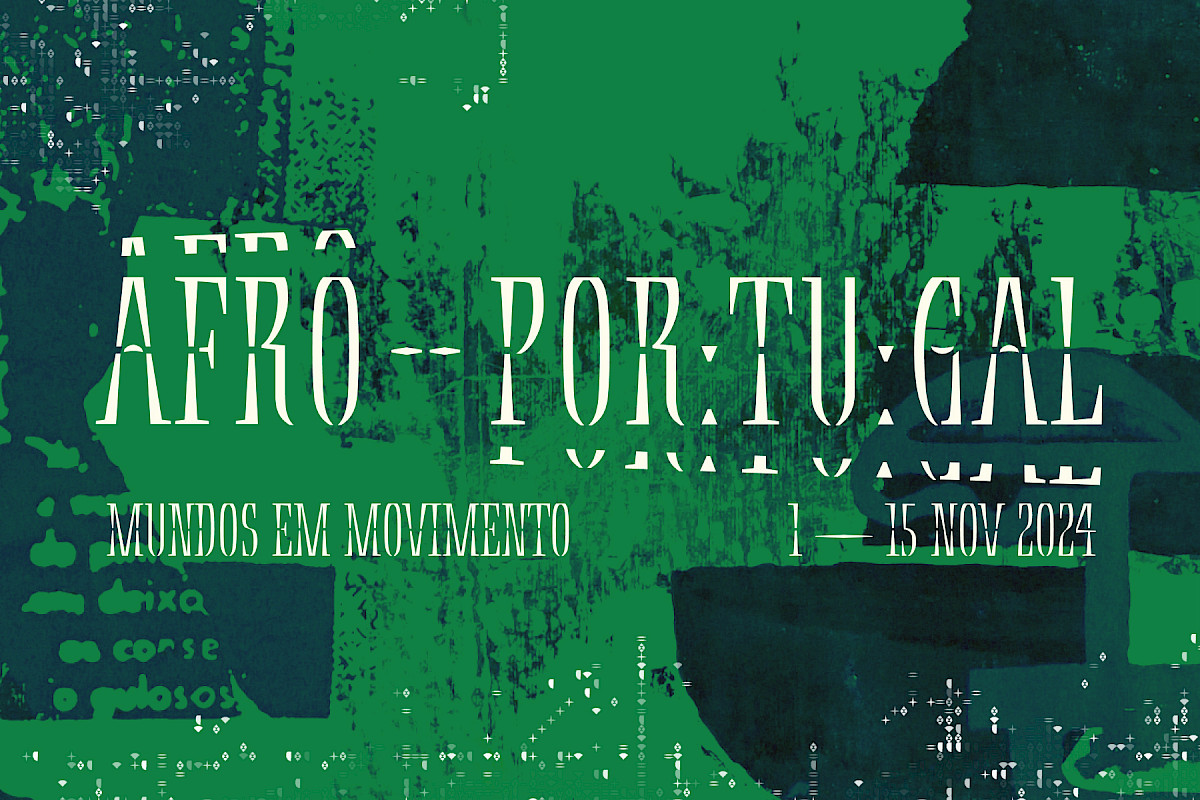I AFRO-PORTUGAL COLLOQUIUM 2024
«Thinking to act better and acting to think better» | The role of African-diasporic ideas, imaginaries, and actions in global transformations
November 8, 2024, 10h00-18h00
Faculty of Arts and Humanities UC and CES | Alta
Africa has been a pioneer in civilisational and scientific processes that have been decisive for the history of humanity, standing out as one of the world’s greatest centres of knowledge. From medicine, astronomy, and architecture to the social sciences, arts, and spirituality, Africa and its diaspora have played critical roles in the development of transformative ideas and practises that shape global society. For a long time, however, there has been a systematic production of political and scientific mystifications and falsifications which, by reducing it to the status of a “cradle”, have petrified the entire continent into a state of eternal infancy, confining its peoples to the “zone” of those ‘outside history’.
This year, we celebrate the centenary of the birth of Amílcar Cabral, a leader of the struggle for Pan-African independence and the self-determination of peoples, who saw the recovery of our own history as one of the main objectives of his struggle. We are also celebrating the 50th anniversary of the independence of the African countries colonised by Portugal and the 50th anniversary of 25 April, the revolution that began in Africa. This struggle fought both in the bush and in the field of ideas, was essential in opening the way back to an interrupted history.
2024 also marks the end of the International Decade for People of African Descent, proclaimed by the UN, which put the issues of recognition, reparation and justice at the centre of international discussions. In Portugal, thanks to the persistence of the black movement, the issue of reparations has become increasingly relevant despite the state’s indifference to the Decade’s programme and recommendations. At the same time, the extreme right is growing, targeting immigrants from the global south.
The African Union’s Agenda 2063, a strategic plan to transform the continent into a prosperous and integrated region, reinforces the vision of “The Africa We Want”. The document emphasises the importance of the contributions of the African diaspora to the continent’s endogenous development. The diaspora plays a fundamental role in this process, promoting significant changes and bringing experiences, knowledge and resources that complement local efforts.
On the African continent, especially in the Sahel region, we are witnessing significant anti-colonial political changes, led by young people questioning and acting against the hegemony of the former colonial powers, such as France. This new generation is engaged in struggles to redefine African sovereignty and self-determination. African youth across the continent have mobilised against state brutality and promoted ideas of transformation with concrete consequences. These struggles are echoed in the diasporas spread throughout the world. A recent example is the Cabral March in Portugal, organised by black and pan-African movements under the motto “Unity and Struggle against Fascism, Xenophobia and Neo-colonialism”, which reflects the commitment of this diaspora to the causes of global Africa.
It has been said that the future of the world lies in Africa, and at the global level, African ideas have gained prominence in various areas, from academia to the arts, reaffirming the centrality of the continent for the future of humanity. Realising that all peoples participate in building this common future, this colloquium aims to highlight Africa’s often silenced contributions, moving away from utilitarian and neoliberal discourses regarding its role.
Aim: To promote plural and engaged conversations between academics, activists, artists, and community leaders towards building new forms of collaboration and transformative action.
Free registration at coloquioafroportugal@gmail.com
Organisers: Apolo de Carvalho (PhD Candidate in Post-Colonialisms and Global Citizenship, CES/FEUC), Paula Machava (PhD Candidate in Feminist Studies, CES/FLUC), Salvador Tito (PhD Candidate in Portuguese Literature/FLUC), Sumaila Jaló (PhD Candidate in Discourses: History, Culture, Society, CES/FLUC)
With the support of the Faculty of Arts and Humanities of the Univesity of Coimbra)
Within the Festival Afro-Portugal 2024 (A TAGV, A Escola da Noite, and Casa da Esquina organisation


